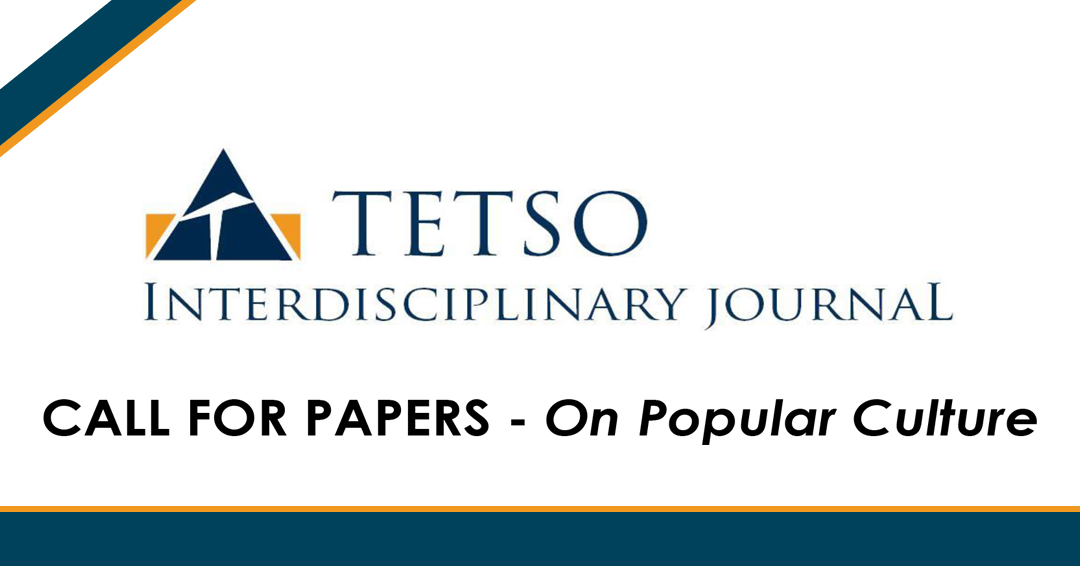The Tetso Interdisciplinary Journal (ISSN 2319 – 2925) invites papers and articles for its eighth edition. It is a peer-reviewed annual publication of Tetso College, Dimapur, that aims at providing an ideal platform for academicians, teachers, and research scholars to publish research articles/papers, critical summaries or literary theories on serious matters of academic concern, world-issues or topics that push the boundaries of the human mind to rethink, question, explore, and seek solutions to existing problems. Authors may submit research papers or manuscripts dealing with theoretical, methodological, empirical and application-related findings pertaining to areas of Social Sciences and Humanities, Commerce, and Sciences in reference to this issue’s theme – ‘Popular Culture’. The writings must be of original research and reflect quality scholarship.
Popular culture is understood as mainstream culture and differs from a high culture which concerns elites and decided by those at the centre. The academic inquest into popular culture is more of a postmodernist approach and is key to understanding every aspect of human society and civilization. Developments in anthropology, history, mass media, and literary criticism have given the study of popular culture new analytical tools and legitimacy. Marxism, for example, believed that popular culture can be key in mobilizing political influence. Antonio Gramsci, in his Prison Notebooks, defined the ‘subaltern’ as any group or section of society which is at the margin, at the hegemonic bottom of the ladder. Popular culture also encompasses the voices of these subaltern identities, along with folk culture, which was deemed inferior by the cultural elite and colonial powers. It is compelling to note that what might be a popular culture at a given period of time, could cross over and transfigure into elite culture later on (Shakespeare’s plays, for example).
This issue of Tetso Interdisciplinary Journal takes a look at popular culture and its interaction with various walks of life. Suggested topics and approaches include, but are not limited to, the following:
a) Popular culture and the latest trends in education
b) Popular culture and its political implications
c) Popular culture and developments in literature
d) Popular culture and its commercial connotations
e) Popular culture and society
f) Popular culture and the fashion industry
g) Popular culture and trends in television and cinema
h) Popular culture and food culture
i) Popular culture and the development of language
If a submitted article fails to fulfill the basic standards, the author will be communicated of the editorial’s decision. The article, if revised, may be considered for publication in a future edition. Articles submitted to this journal will be reviewed with the understanding that the article is not under consideration for publication elsewhere. Authors must strictly follow the 6th Edition of the APA Handbook while drafting their papers. The paper must range from 2000-5000 words. An abstract of not more than 300 words must also be submitted along with the paper, along with a brief profile of the writer.
IMPORTANT DATES:
Last date of submitting papers – 17.11.2019, Acceptance Notification- 10.12.2019,
Printing of issue – April 2020
Email your papers to : tij@tetsocollege.org.
Authors of selected papers will receive a complimentary copy of the journal.







